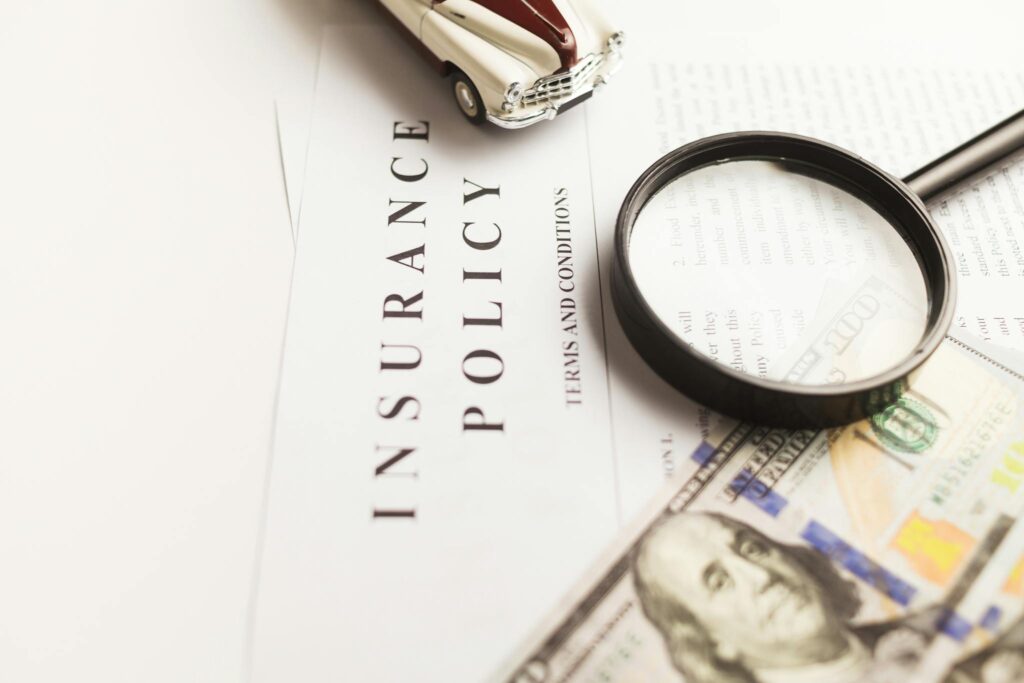Kreider and Smith Insurance – Your Trusted Coverage Partner
Explore Our Insurance Solutions
Our Services
Get in Touch with Kreider and Smith Insurance Today

Protection Experts
At Kreider and Smith, we go beyond standard policies to offer custom-tailored insurance solutions designed to meet your unique requirements.
Learn More About Kreider and Smith Insurance





